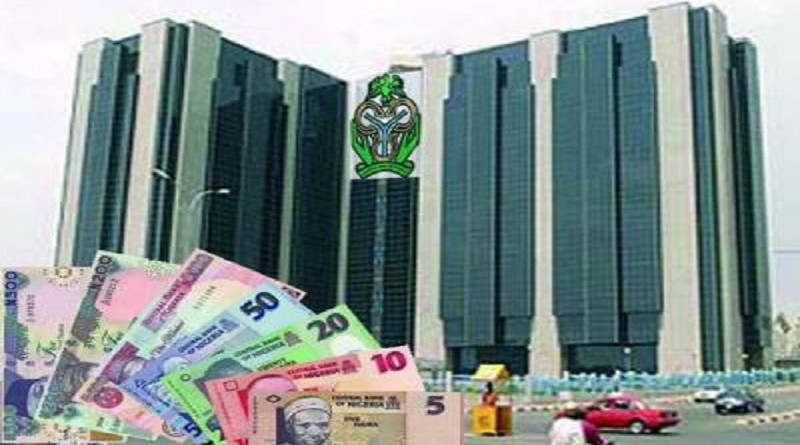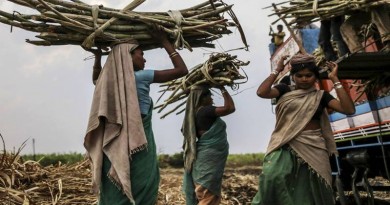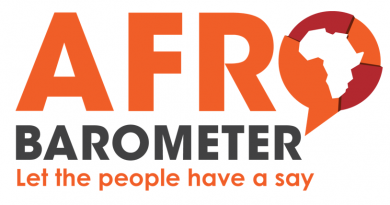Business Trends and Industry Insights Volume 8: Central Banks raise interest rates as inflation bites by UBA
NIGERIA
S&P affirmed Nigeria’s long- and short-term foreign and local currency sovereign credit ratings at ‘B-/B’ with a stable outlook. According to S&P, the stable outlook balances fiscal risks from reduced oil production and delays to subsidy reform over the next 12 months against Nigeria’s comparatively deep domestic financial markets and its stock of FX reserves, especially given the limited external commercial debt repayments through 2025.
The Central Bank of Nigeria has raised the minimum interest rate on savings deposits in banks. Specifically, the CBN has raised the minimum rate on local currency savings deposits to 30% of its benchmark rate, which was hiked to 14% in July.
According to the CBN, the raising of the minimum interest rate reflects the economy’s improvement since the onset of the coronavirus pandemic. Recall the CBN in September 2020 reduced the minimum savings deposit rate to 10% from 30% of the benchmark rate to curb the cost of borrowing and stimulate economic growth.
GHANA
Fitch Ratings cut Ghana’s long-term sovereign credit rating further into junk days after a similar decision by S&P Global Ratings. Fitch downgraded Ghana by two notches to CCC, or eight levels below investment grade. The ratings company had lowered Ghana to B- in January, with a negative outlook.
Headline inflation accelerated to 31.7% year-on-year (y-o-y) from 29.8% y-o-y in June. This was the fastest pace of price growth in the economy since November 2003 and marked the 11th straight month in which inflation has exceeded the top end of the Bank of Ghana’s (BoG) 6-10% inflation target range as the continuing sell-off in the cedi raised the cost of imported goods like cooking oil and gasoline. Food-price growth quickened to 32.3% from 30.7% in June, while non-food inflation accelerated to 31.3% in July from 29.1%.
The Bank of Ghana delivered an outsized 300 basis points (bp) rate hike at its emergency meeting on Wednesday (17/08/2022), taking the benchmark interest rate to 22%. The rate hike marks the biggest one on record and takes the cumulative rate increase since November to 850bp.
The Monetary Policy Committee also raised the primary reserve requirement ratio of banks from 12% to 15%. The increased reserve requirement ratio will be phased in gradually from 1 September to 1 November.
COTE D’IVOIRE
According to Bloomberg, Eni S.P.A, an Italian multinational oil and gas company headquartered in Rome, made a second oil and gas discovery offshore Ivory Coast in less than one year, which in essence has increased the country’s profile as a producer, also contributing to the increasing fossil fuel resources found in the area by 25.0%.
UGANDA
The Bank of Uganda (BoU) raised its benchmark lending rate by 50bp to 9%. The bank’s decision comes as inflation continues to trend upwards due to a weakening local currency, below-average agricultural production, and elevated international commodity prices.




